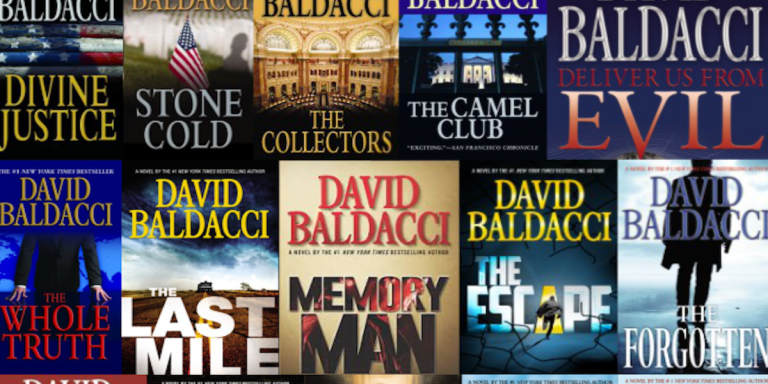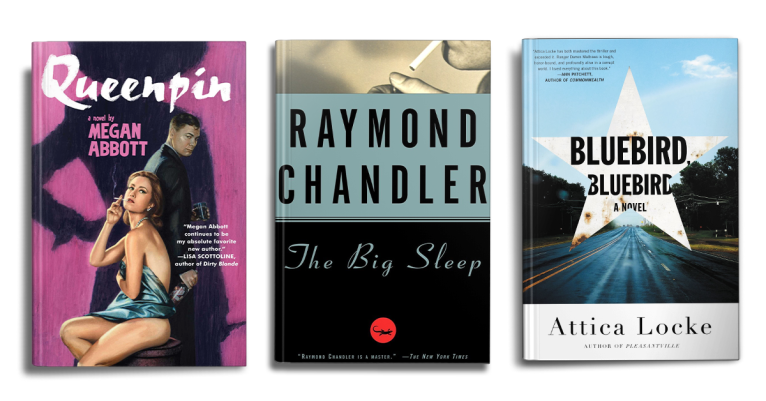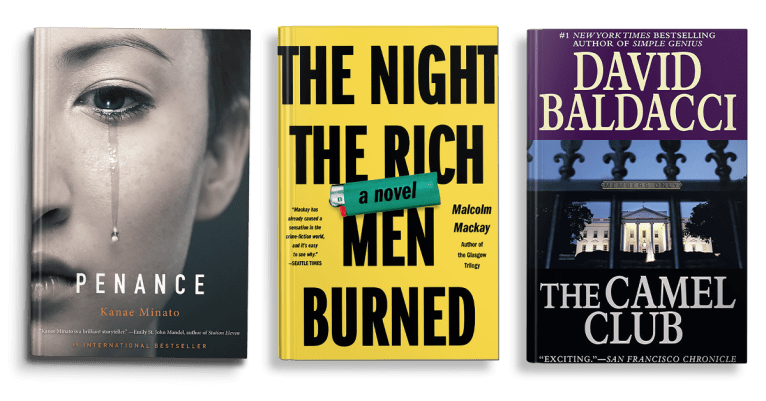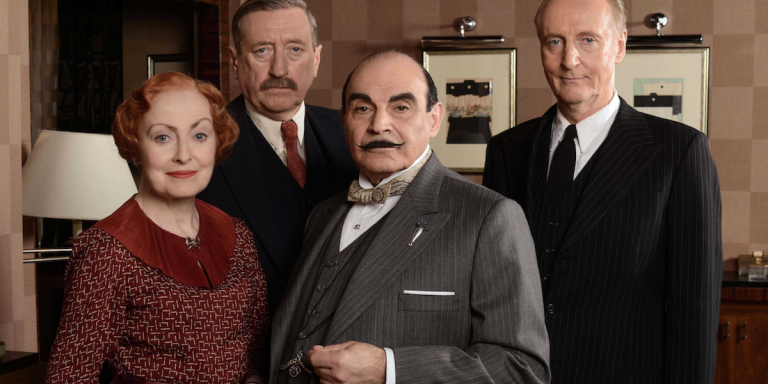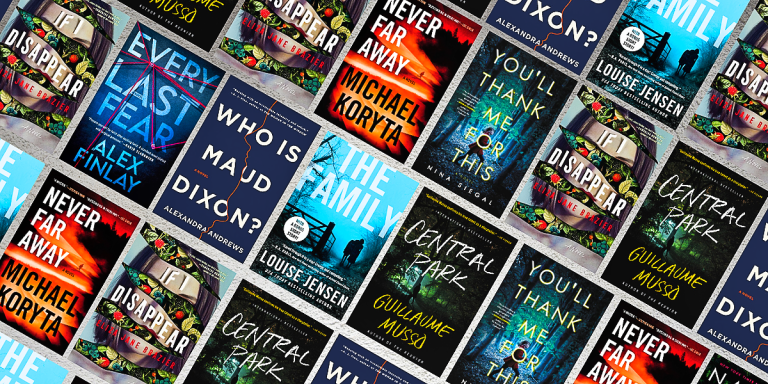Will Dean Talks Living and Writing in Isolation
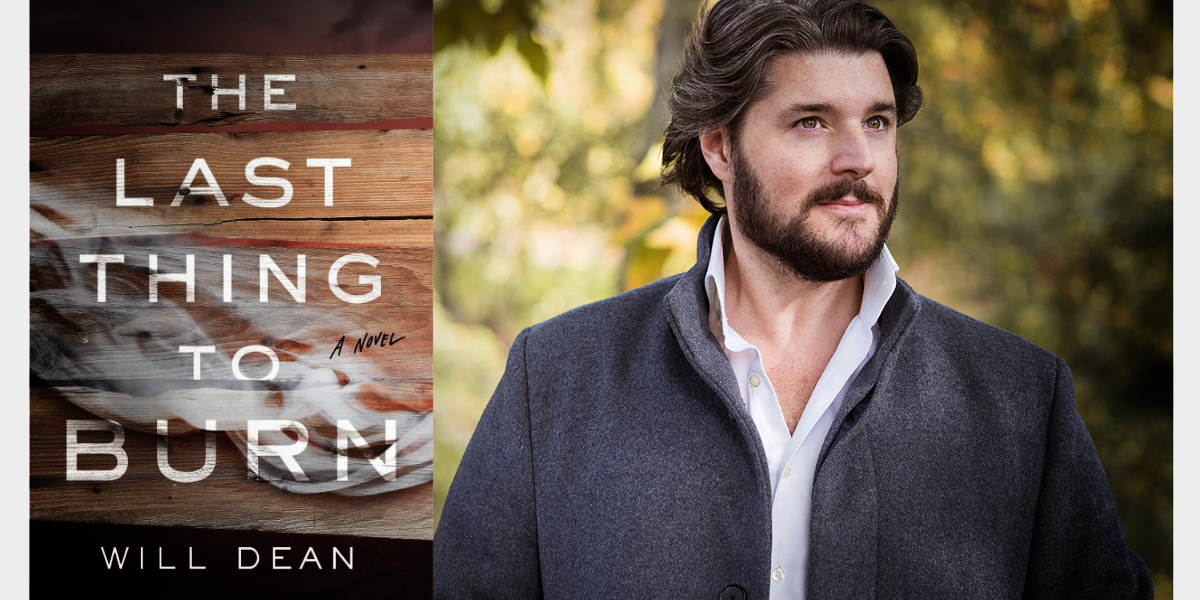
QA: What are some lessons you’ve learned from living in isolated Swedish forests?
WD: I prefer a quiet mind. I’m a very curious person, and I want to live my life in such a way so that I’m open to ideas. As wonderful as cities are, I find the stimuli sometimes crowds out my creativity. It’s an overload. If I walk through a flea market (I love to do this) I’m exhausted after an hour because I’ve picked up and investigated so many old books, trinkets, memorabilia. It’s as if each object or face can lead to a separate potential story. And if there are too many leads there’s too much noise. I adore cities but I’m most productive in nature.
The winters here are eerily silent. No traffic noise, no human voices. When we have no power the silence is absolute: no refrigerator humming in the background.
Surrounded by nature, I have the peace of mind to notice ideas and build on them so I can ultimately share them.
QA: What are some of the challenges?
WD: So many. I was brought up in a rural area of the British Midlands (the equivalent of Iowa, I guess). But we were never far from a town or city. Here in Sweden – and I don’t live extremely remotely by Nordic standards – I have to be far more self-reliant. I need to make sure my back-up well (hand-pump) is maintained. My year is a cycle of felling trees and collecting windfall branches, hauling them, chopping them with an axe, stacking them to season. We grow much of our own food, and we forage for berries and mushrooms. Before our son was born, we’d go for weeks and weeks without leaving the forest. That has its joys but it also means developing a certain mind-set. Patience is important. You need to plan ahead in terms of preparing soil and sowing seeds and drying out firewood. I made many mistake in my first years here and I still make mistakes today. But I enjoy that learning process.
There’s an idyllic idea of off-grid living. But in truth it’s extremely difficult to be completely self-sufficient. I think I could do it if I lived alone, but not with a family. The vision many have is of sitting with a coffee, brewed over a log fire, and having time to contemplate life. This is true to some extent, but you have to factor in collecting the water and filtering it. Preparing the wood for the fire. Maintaining stores of coffee and food. Much of my time is spent clearing ditches, repairing my forest track, building, and dealing with wood.
NS: In THE LAST THING TO BURN, Thanh Dao is trapped by the man who kidnapped her seven years ago when she starts to plan her escape. Seven years is a pretty extreme amount of time to be held captive. What was your research process while writing the particularly dark scenes in your novel? Where did you draw inspiration from?
WD: When researching The Last Thing to Burn I read papers from agencies and NGOs and charities, but I also made efforts to learn from first-hand accounts of trafficking and coercive domestic situations. Polished, edited sources are useful, but sometimes there’s more value in raw, amateur recordings: YouTube clips, forum posts, interviews, blog pieces. In terms of inspiration, this book deals with an age-old subject: surviving against the odds. It’s a thriller but it’s also a story of family and love and resilience.
NS: What made you decide to take a break from writing Tuva Moodyson and tackle this new project?
WD: I actually started writing The Last Thing to Burn back in 2017. I live a simple life with few distractions, and I like to work every day of the year. Writing Tuva Moodyson novels and standalone novels is a good balance for me. They’re very different, and they help me to work at my craft. I don’t give much thought to the likely commercial success of any book. That’s impossible to predict. My process is: if I have an idea I find interesting then I write it.
NS: You were born in the United Kingdom and now you live in a Swedish forest. That sounds pretty amazing. Does living in the middle of all that nature help with your writing process?
WD: I think it helps. We’ve lived out here in the Swedish wilderness full-time for almost nine years. I guess it’d be the equivalent of rural Maine. We have no close neighbours or shops or restaurants. Just trees and wildlife. We take water from our own well and we use our firewood for heating and cooking. It’s a quiet, straightforward life that I enjoy very much. I love cities but I find them quite overwhelming. This rural existence gives me more space to read and write and think, and spend time with my family.
NS: Speaking of Swedish forests, THE LAST THING TO BURN and similarly DARK PINES and RED SNOW use nature to create a sense of urgency and isolation. This seems in direct opposition to your actual feelings about the wilderness. You describe yourself as a ‘woodland kid’ on your YouTube channel Will Dean – Forest Author. What drove you to use nature as an element of suspense in your writing?
WD: I love nature. I’d happily live somewhere even more remote and cut-off. But I do understand that most people would find elements of forest life frightening. I’ve heard wolves howl outside my wooden home. We regularly encounter moose. When the snows arrive each winter the climate itself can be dangerous. But I feel very safe here. When I write I tend to focus on a few characters, and a limited locale, and go deep. That’s what I like to read so that’s what I tend to write.
NS: Most people get out of the cities to clear their mind, but you live in the forest. Where do you go or what do you do to clear your mind when you have a creative block?
WD: I work through any creative blocks. My writing process is quite unhealthy: I visualise a story for months and then I write a first draft in a few weeks. It’s an immersive, exhausting way to do things. But it does mean there’s sufficient momentum to help me through the rough times. I start writing and I keep on going, even when it’s difficult. I’d rather get the story out of me in one go so I have something to work at. When I need to think I walk my dog, or I drive my truck. I find driving to be a great way to unlock the subconscious.
NS: Ultimately, I think this novel is a story of hope and perseverance and shines a much-needed light on real-world issues like human trafficking and exploitation. Was that your intention going into this story or did it happen on its own?
WD: Thank you. I didn’t have any clear intentions before I wrote the story. I had an image of fenland landscape (the landscape of my childhood) and a captive protagonist. I wanted to write the book to understand her story. In hindsight, yes, I think it’s important to shine a light on the issues raised, as long as that’s done through empathy and compassion. To tell this kind of story on a small, domestic scale makes the situation more relatable.
NS: What are you currently reading?
WD: Transcendent Kingdom by Yaa Gyasi
Order Now
On an isolated farm in the United Kingdom, a woman is trapped by the monster who kidnapped her seven years ago. When she discovers she is pregnant, she resolves to protect her child no matter the cost, and starts to meticulously plan her escape. But when another woman is brought into the fold on the farm, her plans go awry. Can she save herself, her child, and this innocent woman at the same time? Or is she doomed to spend the remainder of her life captive on this farm?
By clicking 'Sign Up,' I acknowledge that I have read and agree to Hachette Book Group’s Privacy Policy and Terms of Use
What to Read Next
